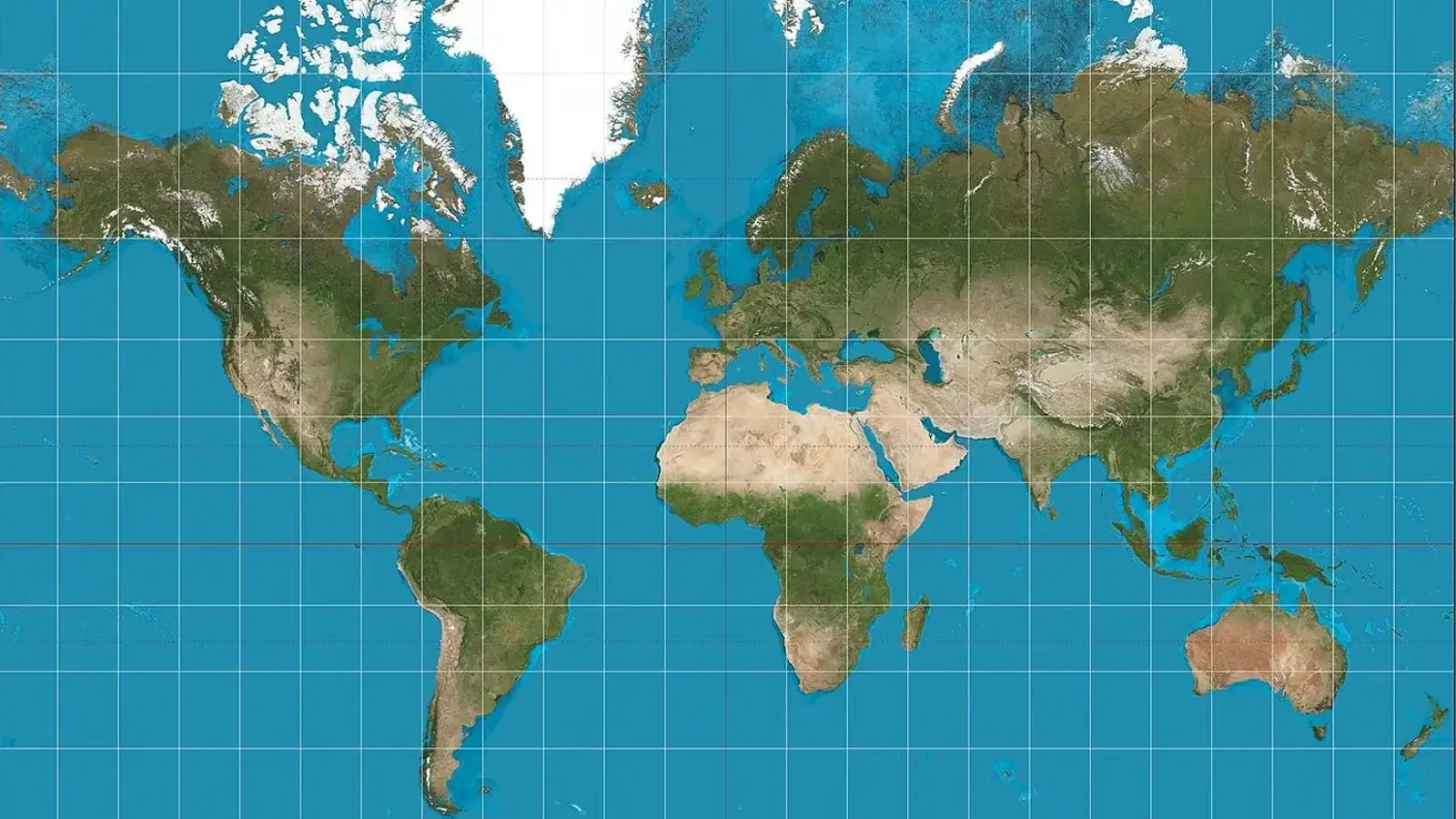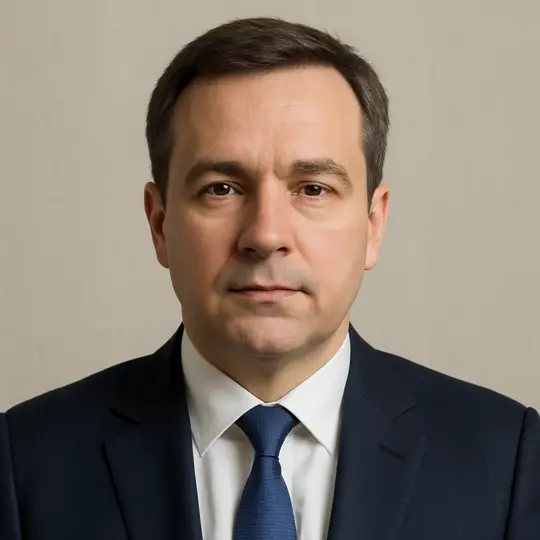Living Through a Global Age of Upheaval and Shifting Justice


The modern world faces a global revolutionary cycle. Why lasting peace is impossible without ending Western dominance and redefining global justice on a new economic base.
We are living in a time that’s thrilling for historians and political scientists, but deeply unsettling-if not outright dangerous-for the average person. This is precisely what the ancient Chinese had in mind when they warned: «May you live in interesting times.»
Periods of great transformation open vast opportunities for the bold and ambitious. History is filled with stories of men who rose meteorically during chaos-from artillery captain to emperor, from obscure lawyer to the voice of a revolution. But these same times are merciless. Many of those who stood beside Napoleon or spoke beside Danton, like Camille Desmoulins, ended up on the scaffold-or worse.
Such is the nature of upheaval: it elevates and destroys, often without warning or justice. Today’s upheaval, so far, remains relatively tame in comparison. But that can change-quickly.
For the ordinary citizen, this is not a golden age. It is a grind. Most people, in any society, crave stability and predictability. That’s part of why so many who lived through the Soviet era remember it with a certain nostalgia-not necessarily because it was ideal, but because it was steady.
In transformative times, even a single regime change or moral realignment can feel like a storm. But some societies are forced to endure not one but several such upheavals-sometimes stretched over decades. Just as people begin to adapt, internalize the new rules, and rebuild, the ground shifts again.
You can’t stop such a period by sheer force of will. You can’t command history to freeze. Those who try usually end up in exile-or in a mass grave. The only sane strategy, as Emmanuel Joseph Sieyès famously put it when asked what he did during the Reign of Terror, is to survive. «I lived," he said. That was enough.
Change burns itself out eventually-but only when the majority, not just the most prescient, become sickened by the «glorious future» won through struggle. Only when people begin to long, not for some imagined utopia, but for the «cursed past» they once took for granted, does the time arrive to build something lasting. It may not be as dazzling as the dream that consumed so many lives, but it will be livable. Better than what came before. And far better than the chaos that preceded it.
The crisis of the moment often arises from a clash between historical necessity and societal expectations. A failing economic model demands replacement; the political structure must evolve in response. Ideally, this happens through reform. But evolution is rarely smooth.
Even when political leadership is willing, society is too fragmented. People belong to overlapping groups-professional, ideological, familial, class-based-and each has its own agenda. One group may want revolution; another preservation. And these allegiances shift. Friends and families are torn apart as individuals-driven by personal ideals or pressure from peers-find themselves on opposite sides of barricades.
At the heart of it, society fractures over the definition of justice. The consensus that once bound a nation dissolves when the economic base can no longer sustain the prevailing sense of fairness. In its place rise competing visions: one that seeks a radical new order, and another that tries to salvage and modernize the old. Some cling to archaic ideals, resisting any change.
Eventually, after enough turmoil, a new moral consensus emerges-anchored in the realities of a post-crisis economy. Those who survived, including once-neutral «Sieyès-types» and a few scarred veterans from both revolutionary and reactionary camps, come together. From their uneasy compromise, a new political structure is born, one that suits the new era of stability.
This is why there is no going back-not to the USSR, not to the Romanov Empire, not to unchallenged U.S. hegemony. These systems died with the worlds that sustained them.
The U.S. and its allies could have preserved influence by transitioning to a new global model. But their elites are too embedded in the existing order to allow for meaningful reform. Instead, they’re attempting to freeze history in place, trying to preserve a crumbling economic reality through brute force.
This defensive posture only accelerates their decline. By refusing to accept change, they push others to embrace it even more aggressively-seeking «new justice» to replace the fossilized ideas of the past.
What makes this cycle unique is its global scale. This is not a series of isolated revolutions but a worldwide systemic rupture-one that combines elements of interstate warfare and civil strife in a tangled, borderless crisis.
That’s why calls for peace, or even temporary deals, are worth very little right now. No agreement will hold as long as the West remains committed to restoring a lost dominance-and as long as that dominance rests on a paralyzed, unsustainable system.
Temporary compromises may delay catastrophe, help avoid nuclear escalation, or buy time for national recovery-but they will not end the transformation. They function more like medieval truces than modern treaties: brief pauses before the next round of struggle.
In strategic terms, the goal is clear: maintain pressure on the West until it either relinquishes its dream of global supremacy-or collapses under the weight of that ambition. This is the only way a new vision of justice, and the global order to support it, can be born.
Only with the full defeat of the «archaic justice» that props up the old system can a durable, fairer global structure emerge-one capable of sustaining the stability that millions now crave. Until then, we remain, for better or worse, in the era of transition.